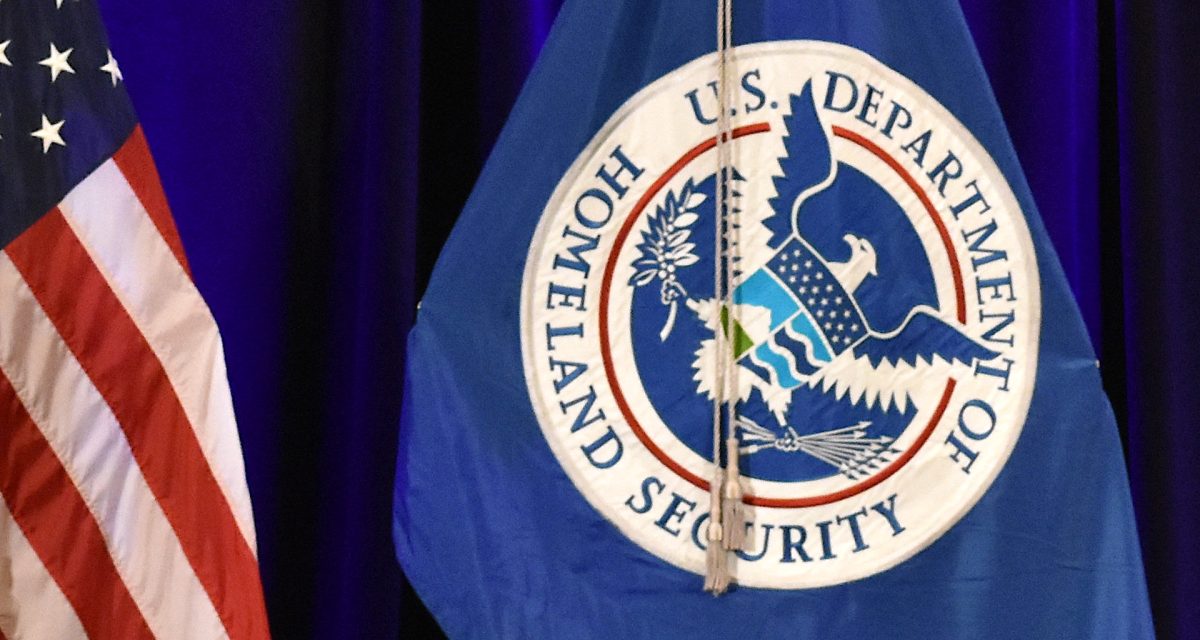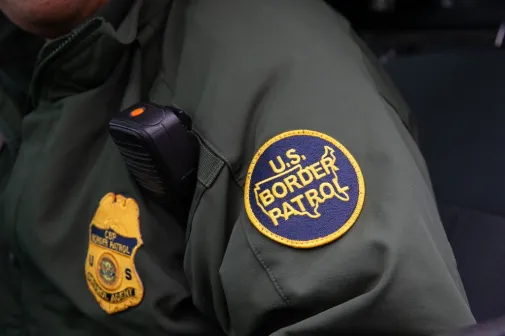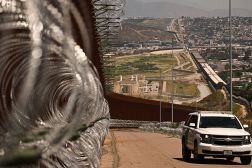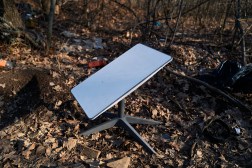CBP document of alleged trade violations reveals claims about forced labor, national security issues

Trade violation allegations about electronic products filed with Customs and Border Protection include references to “child surveillance video” associated with a national security issue and two claims regarding Apple and forced labor, according to a document obtained by FedScoop through a public records request.
The document from CBP’s online portal also references smuggling and the use of electronics alleged to have broken rules on intellectual property rights, among other instances of trade violations.
The spreadsheet references nearly 200 allegations, all of them closed, made in recent years through CBP’s E-Allegations program, described by the agency as an electronic portal for “the trade community and general public.” These complaints are typically made by members of the trade community, the agency told FedScoop, but do not reveal the result of CBP’s final determination. An FAQ page for the E-Allegations program notes that the Trade Secrets Act, the Privacy Act, and CBP regulations prevent the office from disclosing enforcement actions taken in response to a case.
The items listed in the document’s violator product field are provided by the reporting entity. Some of the complaints regarding products appear to be closed relatively quickly, within a day, while other investigations take several months or even more than a year. According to CBP’s FAQ page, the agency can sometimes intercept counterfeit merchandise or hazardous material “shortly after an allegation is received,” while the processing of other cases can take longer, if, for example, a penalty is involved.
CBP said it can also receive allegations from private citizens, government agencies, media, non-governmental organizations, and witnesses, but it cannot provide information on the sources of different allegations to protect their safety, citing law enforcement sensitivities. CBP told FedScoop that it cannot publicly disclose confidential business information related to importations.
The document included 62 complaints related to intellectual property, 39 on classification of merchandise, and 17 for country of origin markings. Many of the complaints involved e-cigarettes, e-bikes, electrical metallic tubing, and electric guitars, including a counterfeit Gibson ES-335.
One case was partially redacted, but referenced “child surveillance video” and involved “national security,” though no other details were provided. CBP would not comment on individual cases. Another case involved Huawei cell phones, which was listed under “other” in the trade violations category. (Huawei, notably, is one company included on a U.S. import ban of certain Chinese firms.)
Several allegations involve forced labor and Apple products. One investigation, which was opened in September 2021 and closed after roughly 15 months, involved an accusation of forced labor and a product described as “Apple iPhone.” Another allegation, which was received in August 2020 and closed December 2022, involved an allegation of forced labor and a product described as “Apple store employee uniforms.”
One complaint, which was received in April and closed in June of last year, involved an accusation of forced labor and “Fake Airpods and Apple Watches.” The spreadsheet includes references to many other fake Apple products.
“Apple does not tolerate forced labor and looking for the presence of forced labor is part of every supplier assessment we conduct,” an Apple spokesperson said in a statement to FedScoop. “Our supplier standards are the strongest in the industry and those protections apply across the supply chain, regardless of a person’s job or location.
They continued: “Last year alone we conducted more than 1,500 assessments of our suppliers — including surprise audits — to validate compliance in key areas including working hours compliance, hiring practices, labor and human rights, and health and safety management. Throughout our comprehensive assessments we have found no evidence of anyone being forced to work in our supply chain.”
Apple did not address FedScoop’s questions about the specific allegations.
In a report on its supply chain released this year, Apple outlined its approach to prevent forced labor, including surprise assessments of suppliers, “specialized forced labor assessments for at-risk suppliers,” and a requirement for many suppliers to participate in facility-wide assessments. Assessments run by the Responsible Business Alliance, an industry group that Apple works with and is a member of, are specifically referenced. The report states that Apple “strictly” prohibits labor recruiting in places where the company says it can’t do due diligence. Apple said further audits are planned.
Other allegations in the spreadsheet were related to smuggling, non-trade criminal activity, broker violations, and antidumping and countervailing duties.
Concerningly, several of the products seemed to involve electronics that a person would insert into their bodies for the purpose of surveillance; some of those were cited for health and safety violations.
These include a case involving a product described as “Invisible Secret Spy Earphone Nano Wireless Earpiece for Mobile Phone,” though part of the description was redacted. Another product alleged to have violated health and safety rules — and whose description was not redacted — was described as “Invisible Secret Spy Earphone Nano Wireless Earpiece for Mobile Phone in my ears and Philip s microchip in my heart inside my ribcage and chest.”
Both investigations were closed within a day.






